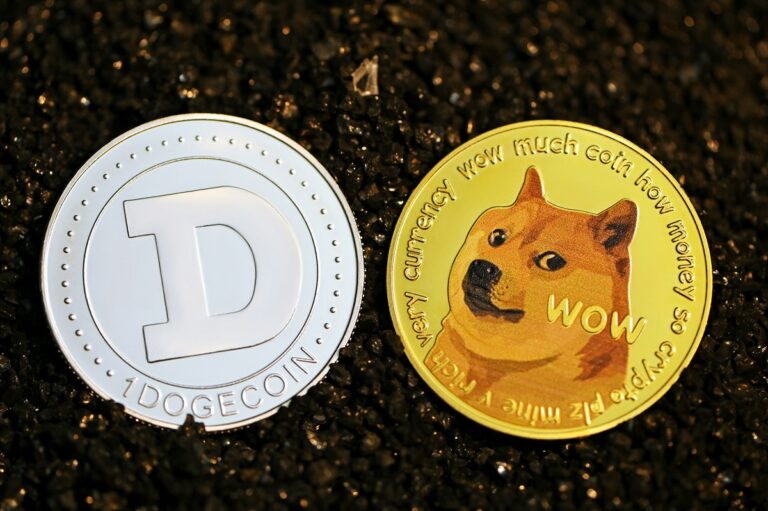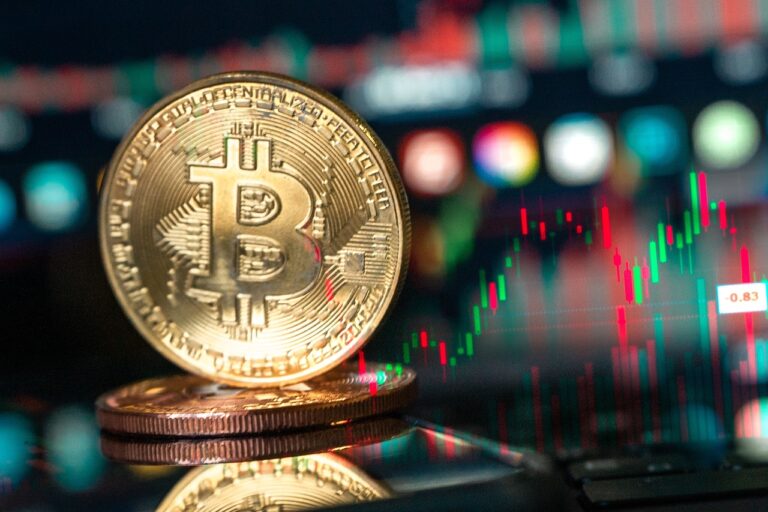
- The article explores Shiba Inu’s potential entry into the ETF market, highlighting Lucie’s optimistic reasons and concerns regarding its impact on SHIB’s future.
- It discusses market reactions to the prospect and the broader implications for cryptocurrency investors.
Exploring Lucie’s Insights and Market Reactions
In the fast-evolving landscape of cryptocurrency investments, Shiba Inu (SHIB) is once again in the spotlight, this time for its potential leap into the realm of exchange-traded funds (ETFs). Lucie, the marketing lead for Shiba Inu, recently shared compelling reasons why a SHIB ETF could soon become a reality, sparking both optimism and debate within the crypto community.
Lucie’s Optimistic Outlook
Lucie’s insights centered around four key advantages of introducing a SHIB ETF:
1. Accessibility and Market Reach
One of the primary benefits highlighted by Lucie is the increased accessibility that an ETF would offer. By packaging SHIB into a traditional financial product, it becomes more straightforward for traditional investors to participate in the SHIB ecosystem. This move could potentially broaden SHIB’s investor base beyond the crypto-savvy community, attracting new capital into the asset.
2. Regulation and Security Assurance
Lucie emphasized the regulatory framework that comes with ETFs, which could provide a sense of security and compliance for institutional investors. This aspect is crucial in attracting larger, more risk-averse investors who seek the legitimacy and oversight that regulated financial products offer.
3. Diversification and Risk Management
Another compelling point made by Lucie is the diversification benefits that an ETF could bring. By including SHIB in a basket of related assets, the risk associated with investing solely in one cryptocurrency can be mitigated. This diversification could potentially stabilize SHIB’s price movements and make it a more attractive investment option across various market conditions.
4. Boost in Demand and Liquidity
Lucie drew parallels with Bitcoin ETFs, highlighting how the introduction of such products significantly boosted the demand and liquidity of the underlying asset. In the case of SHIB, listing it in an ETF could potentially enhance its market liquidity and value, offering investors greater trading flexibility and market depth.
Challenges and Considerations
Despite the optimism surrounding a SHIB ETF, Lucie also addressed several challenges that could impact its adoption:
1. Centralization Concerns
An ETF inherently centralizes control over the asset, which contrasts with the decentralized nature of DeFi (Decentralized Finance). This could pose ideological challenges for some community members who prioritize decentralization and community governance.
2. Loss of Direct Engagement
Investing in an ETF means relinquishing direct engagement in SHIB’s DeFi activities, such as staking and governance. While this broadens investment opportunities, it diminishes the level of involvement that passionate community members may desire.
3. Cost and Regulatory Hurdles
Lucie pointed out that ETFs involve management fees and regulatory oversight, which could deter cost-conscious DeFi participants. However, these factors also contribute to the security and legitimacy that institutional investors seek, potentially balancing out the market dynamics.
Market Performance and Outlook
On the market front, SHIB faced a slight decline today, reflecting broader market trends. However, technical indicators suggest a nuanced outlook, with potential for both short-term corrections and long-term gains, especially if a SHIB ETF materializes.
While the prospect of a SHIB ETF presents exciting opportunities for growth and market expansion, it also raises pertinent questions about decentralization, investor engagement, and regulatory challenges. As the crypto industry continues to evolve, the community awaits further developments on whether Shiba Inu will navigate these complexities to launch its own ETF, potentially reshaping its market dynamics in the process.




